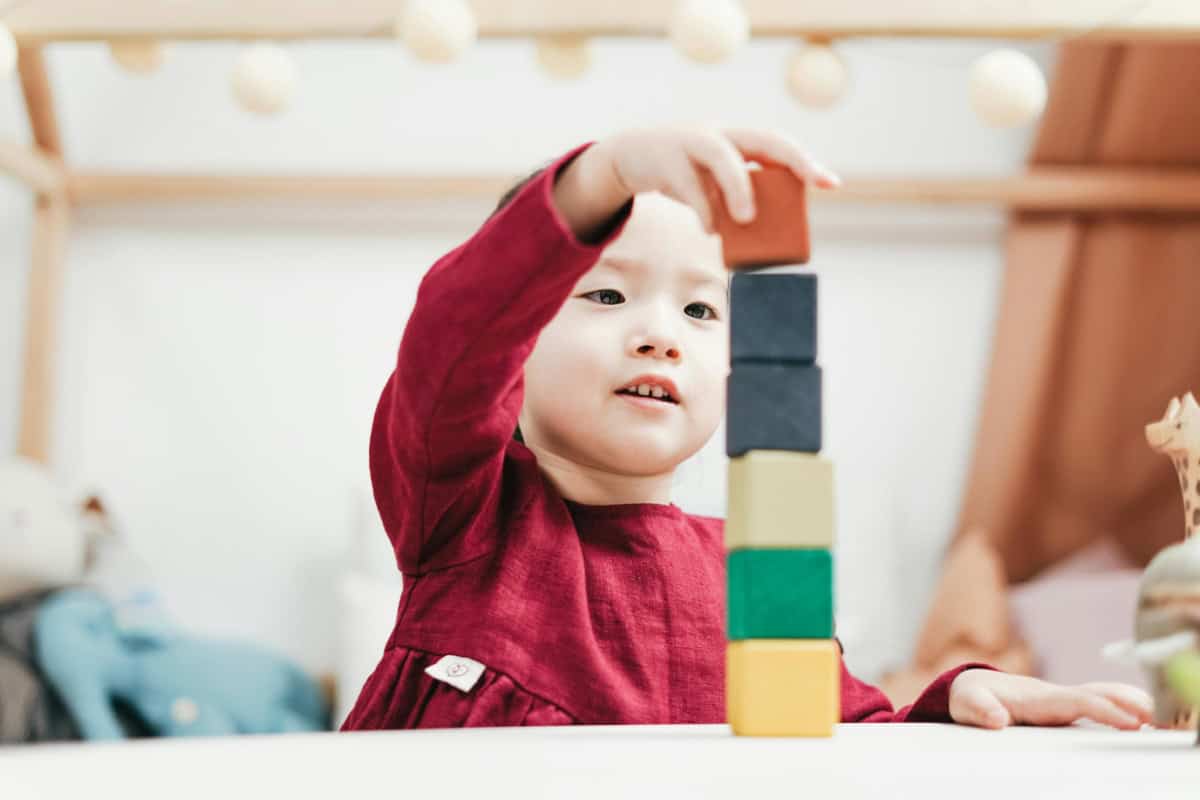Children learn best when they are engaged, curious, and having fun. Here are a few types of play that are not only enjoyable but also enhance their learning:
- Sensory Play: Activities involving touch, smell, sight, and sound help children explore the world around them. Sensory bins, water play, and sandboxes are fantastic for stimulating their senses.
- Pretend Play: Imaginative activities like playing house, dressing up, or role-playing encourage creativity and help children develop language and social skills.
- Physical Play: Outdoor activities such as running, jumping, or playing on a playground not only strengthen muscles but also improve coordination and balance.
- Constructive Play: Building blocks, puzzles, and arts and crafts enhance problem-solving skills and hand-eye coordination, fostering cognitive development.
Creating A Stimulating Play Environment At Home
A well-designed play environment at home is key to fostering your child’s development. Here are some tips to create a space where your child can thrive:
- Designate A Play Area: A safe, comfortable, and clutter-free space dedicated to play can encourage children to explore and learn freely.
- Rotate Toys And Activities: Keep your child engaged by rotating toys and play materials regularly. This prevents boredom and stimulates curiosity.
- Include Open-Ended Toys: Toys like building blocks, art supplies, and dress-up clothes offer endless possibilities and encourage creativity and problem-solving.
- Incorporate Nature: Nature-based play, whether it’s a garden sandbox or a collection of leaves and rocks, connects children to the outdoors and stimulates their senses.
The Role Of Play In Social And Cognitive Development
Play isn’t just about fun, it’s a vital part of your child’s development. Through play, children learn to:
- Socialise: Group play teaches children about sharing, cooperation, and empathy, helping them develop strong social skills.
- Communicate: As children engage in play, they naturally develop their language and communication skills, expressing themselves more clearly and confidently.

